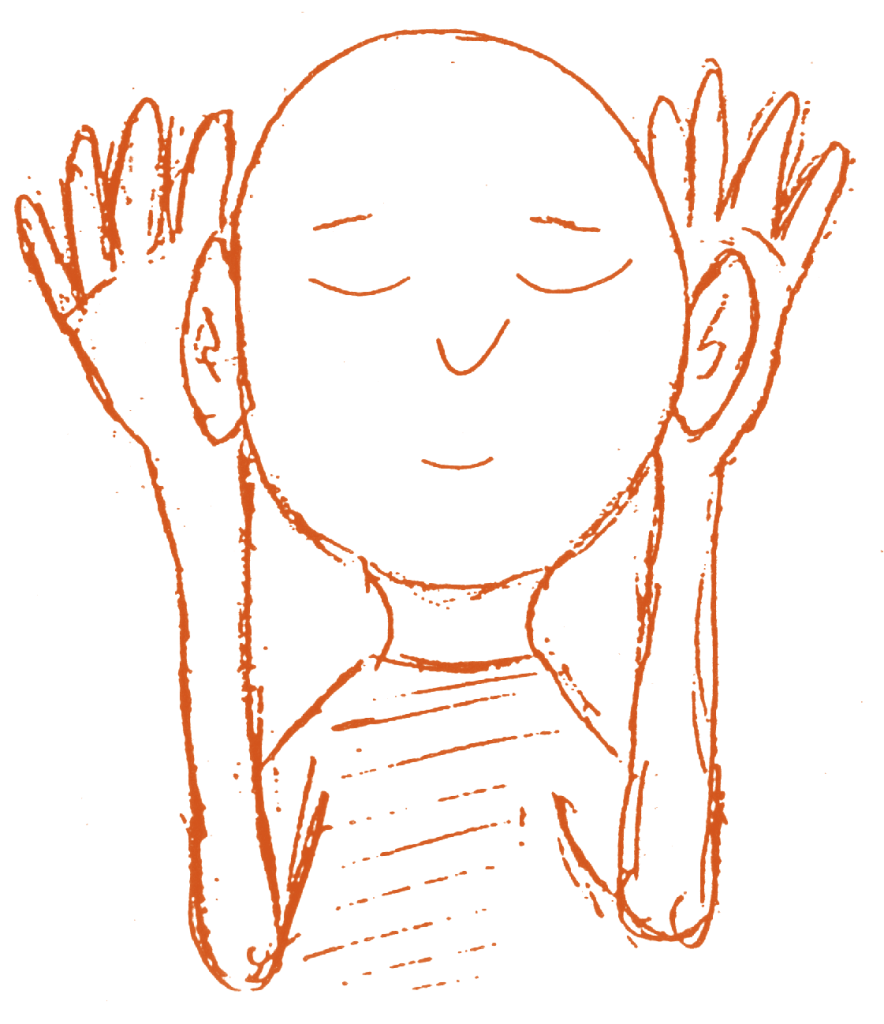The best way to deal with excessive thinking is to just listen to it, to listen to the mind. Listening is much more effective than trying to stop thought or cut it off. When we listen there is a different mode employed in the heart. Instead of trying to cut it off, we receive thought without making anything out of it.
Most of our thoughts are like dreams. Occasionally, perhaps once or twice a year, we may have a dream that is significant and we know it. We may not know exactly what it is about, but it is pretty clear that there’s a message in it. But the other 364 days a year it’s just the leftovers of the day. There is nothing particularly significant or important about any of our dream content at all. It’s just the residue, the echoes of the day’s events and activities, the things that we have rehashed a couple of times already.
When we look at thought in this way, we aren’t being pulled into it. We can just look at it. We don’t reject it or suppress it, but we don’t buy into it either. We don’t make more out of it than is there. That attitude of listening, of opening to and receiving thought, has a liberating quality in and of itself.
♦
Adapted from “Thinking,” by Ajahn Amaro. Originally published in Mindfulness, Vol. 1, No. 3. Reprinted with permission of Ajahn Amaro.
Thank you for subscribing to Tricycle! As a nonprofit, we depend on readers like you to keep Buddhist teachings and practices widely available.
